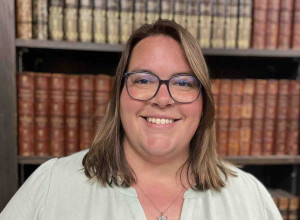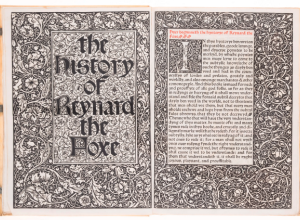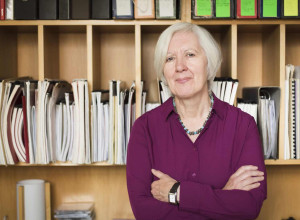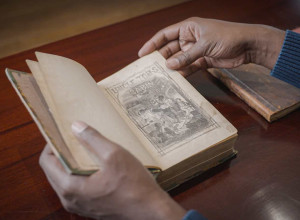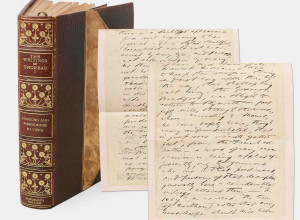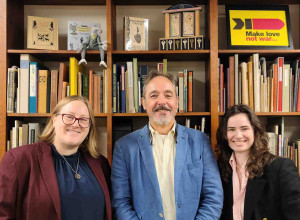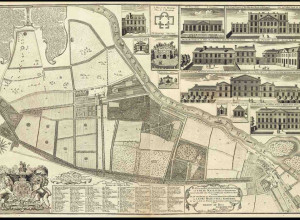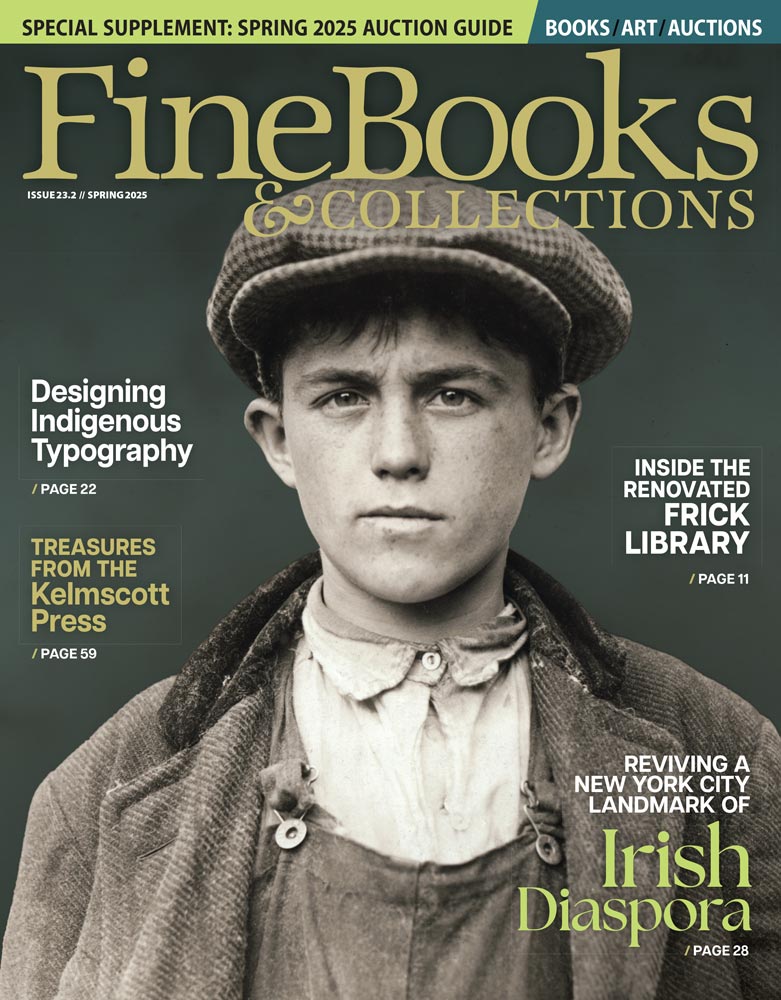Maya Angelou and Malcolm X Manuscripts On Show in Schomburg Center Centennial Celebrations

The Schomberg Center anniversary logo
The Schomburg Center for Research in Black Culture will begin its 100th anniversary on May 8 with a year-long celebration that includes a major exhibition, a summer festival, book giveaways, and a limited edition library card.
On May 8, 1925, its forerunner - the Division of Negro Literature, History, and Prints at the 135th Street Branch Library - opened its doors at the height of the Harlem Renaissance. It was bolstered by the purchase of the collection of Arturo Schomburg the following year. His personal holdings reflected a lifelong mission to collect evidence of Black achievement after being told as a child that there were none. During the past century, the Schomburg Center has grown from thousands of items to an 11-million-item collection.
To celebrate, the new exhibition 100: A Century of Collections, Community, and Creativity will be one of the largest in the Center’s history, and will include feature iconic objects from its holdings including manuscript pages from Maya Angelou and Malcolm X, Ossie Davis’s copy of the Purlie Victorious script, and the visitor book from the 1925 opening signed by Zora Neale Hurston, Langston Hughes, and artist Augusta Savage. The exhibition will run through Winter 2026.
Events running over the coming year include a June 14 Centennial Festival combining the Center’s two largest annual events, the Black Comic Book Festival and the Schomburg Literary Festival, into an all-day, public gathering of authors, booksellers, artists, and readers.
“The Schomburg Center’s 100th anniversary is a moment for great celebration and deep reflection. We move into our next century fully understanding that this work is as urgent today as it was a century ago,” said Joy Bivins, director of the Schomburg Center. “As we celebrate this one-of-a-kind institution and what those before us created, we are eager to continue this legacy, doing the important work of preserving, stewarding, and sharing Black history and culture with our community, here in Harlem and around the world, for another century.”







